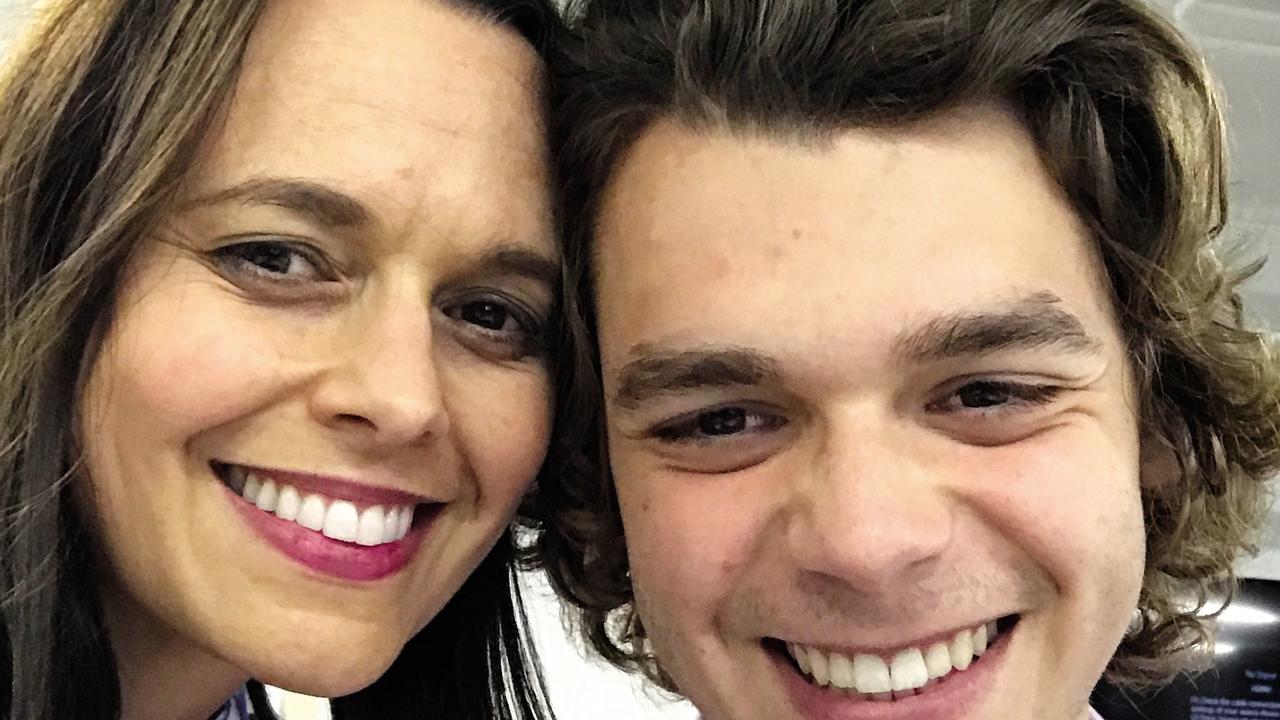Hatchette Australia abandon controversial advertising campaign after public take offence
THIS Australian book publisher thought the offer of a giant free back inking was a win-win for everyone. Wrong.
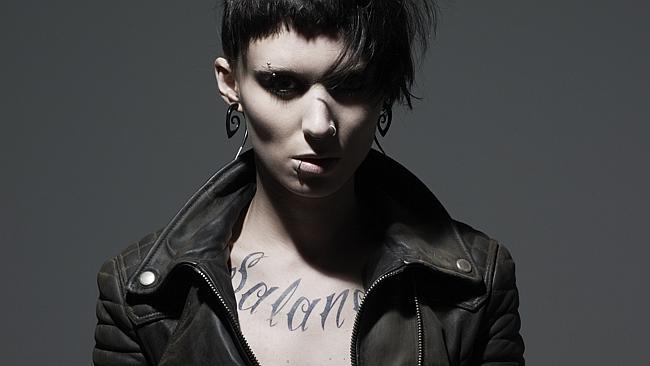
Media
Don't miss out on the headlines from Media. Followed categories will be added to My News.
BOOK publisher Hachette Australia has backed down on a controversial marketing stunt after people took offence at its attempt to tattoo a woman for a book cover.
The company put a call out for a female model to “donate” her back for a large, permanent tattoo of a dragon to promote the upcoming book The Girl In the Spider’s Web.
The book is the fourth instalment in the popular Millennium series by author Stieg Larsson before his death in 2004, the first of which was hugely popular The Girl With The Dragon Tattoo.
The promotion was billed by the publisher as a national “tatvertising campaign” which would involve an open casting call for women who were keen to give up their back for the cause — and a free dragon tattoo, of course.
“Once complete, the tattoo will be photographed and used for outdoor media to promote the launch. The applicant will effectively become ‘the back’ of the campaign,” a Hachette spokesman told Fairfax this week.
While some online appreciated publisher’s reach for creativity in difficult times for the publishing industry, others took offence at the stunt, which has been branded “desperate” and “predatory”.
A new type of degrading labour is born in the past-its-prime publishing industry. ouch. but probably fair enough.... http://t.co/gielucuy13
— Captain Honey (@captain_honey) July 9, 2015Oh god >> The desperate book industry and 'tatvertising' are a perfect, tragic match http://t.co/b4RT74b6Rl
— Nick Johnson (@gnjohnson) July 8, 2015Thirsty-Ass Book Industry Wants To Ink Up Your Back for Advertising - http://t.co/SgU5GaKy81 smh Hatchette
— Natasha Pixie (@WickedLPixie) July 8, 2015But the idea is not exactly new.
‘Tatvertising’ or ‘skintvertising’ has been criticised in the past for preying on the vulnerable, after several disastrous cases of people being permanently marked in exchange for corporate cash.
In 2005, struggling Utah woman Karolyne Smith auctioned off her forehead to online casino GoldenPalace.com, which paid $13,000 to have it’s web address inked across her face.
Around the same time, an Alaskan man named Hostgator Dotcom resorted to selling his body for advertising space after the global financial crisis hit, leaving him with five children to support.
“I did it to make sure my kids wouldn’t be homeless,” he told Buzzfeed.
The head of publicity at Hachette Australia, Anna Egelstaff, told news.com.au the company made the decision not to go ahead with the campaign due to the offence it caused.
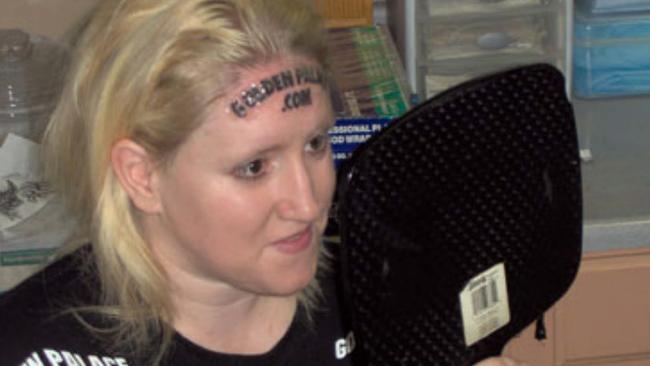
“We conceived the tattoo aspect of the campaign with good intentions for fans of the series and fans of tattoos,” she said.
“However, some people have been offended. As this was never our intention. We have listened and we have decided we will not continue with the tattoo element of the campaign.”
Initially the tattoo was to be done by Kaleidoscope Tattoo on Bondi Road. The black and white inking was to be 200mm by 300mm in size.
Hatchette Australia also said tcandidate would need to be available for three months to meet various promotional requirements.
News.com.au reached out to Kaleidoscope Tattoo for reaction but they were unaware of the promotion’s cancellation at the time.
Even without the failed tattoo campaign, the book’s release has been controversial among some fans. The latest addition in the series has been authored by journalist David Lagercrantz who was called a “completely idiotic choice” by the long-time partner of Stieg Larsson, Eva Gabrielsson.
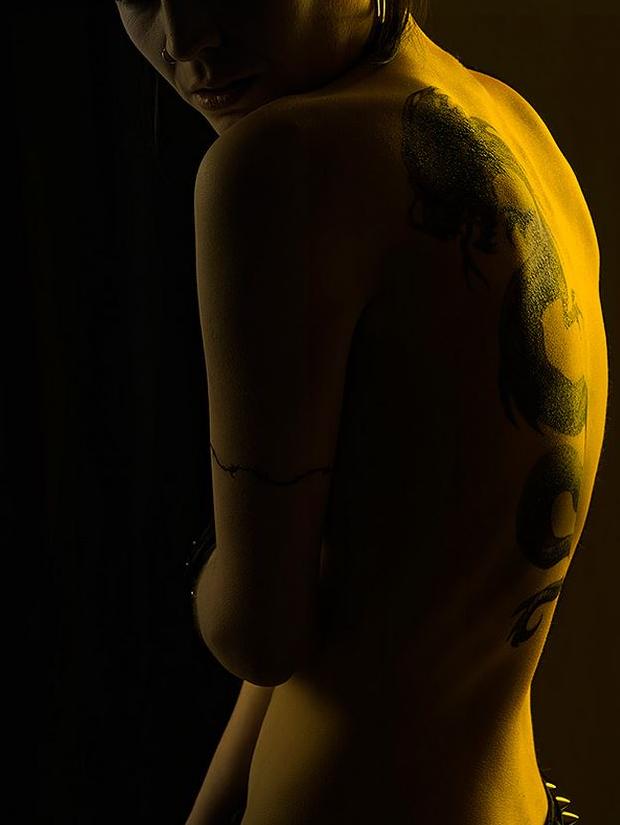
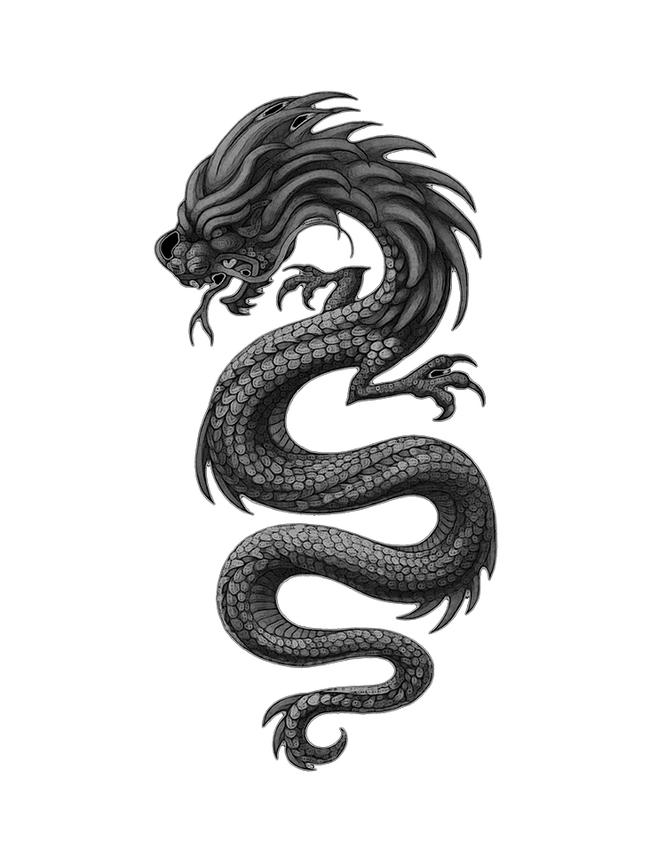
Originally published as Hatchette Australia abandon controversial advertising campaign after public take offence


